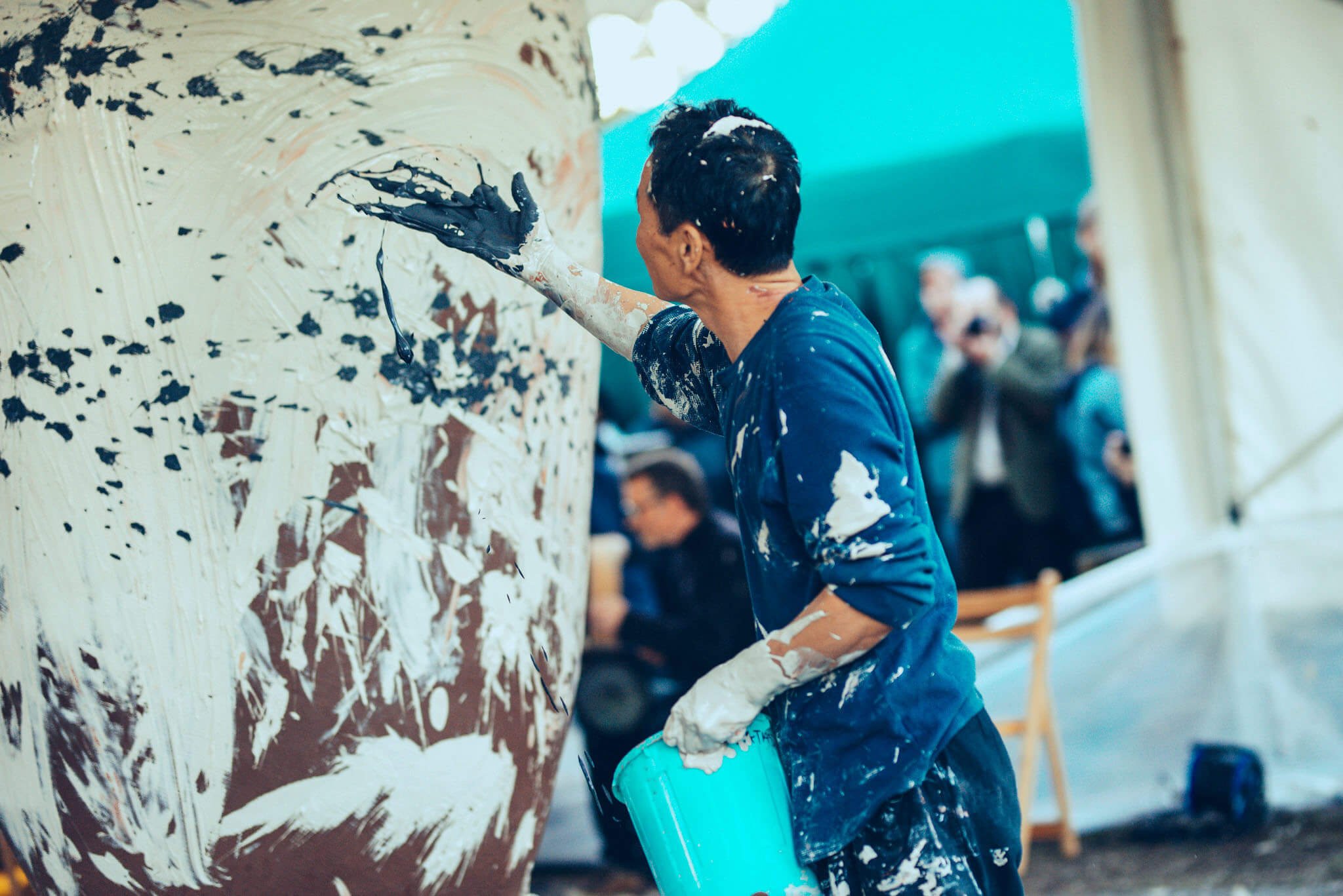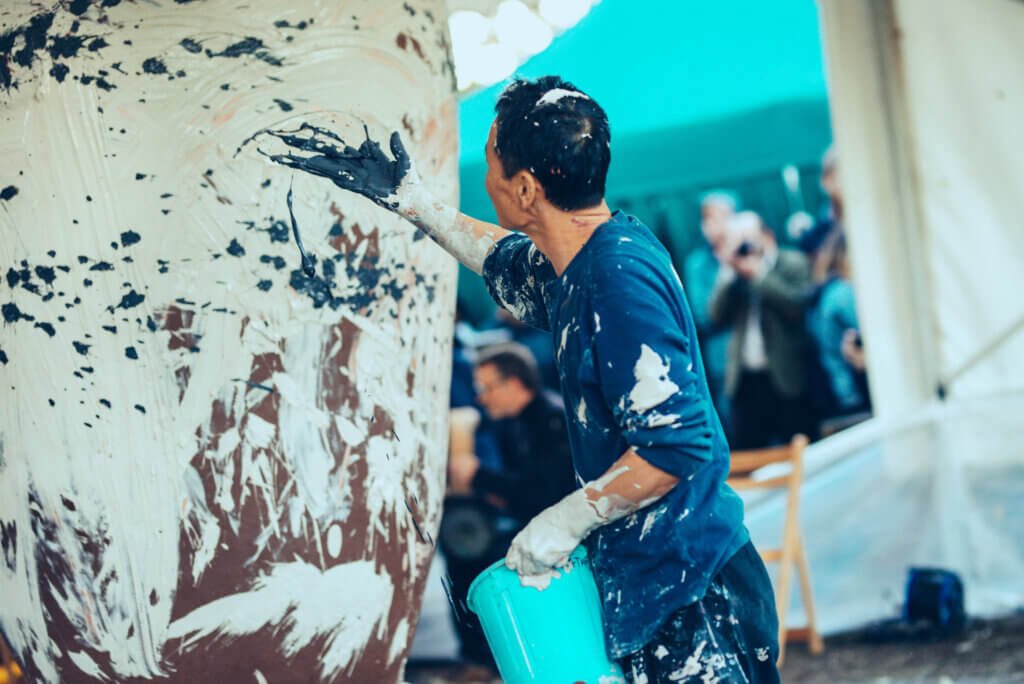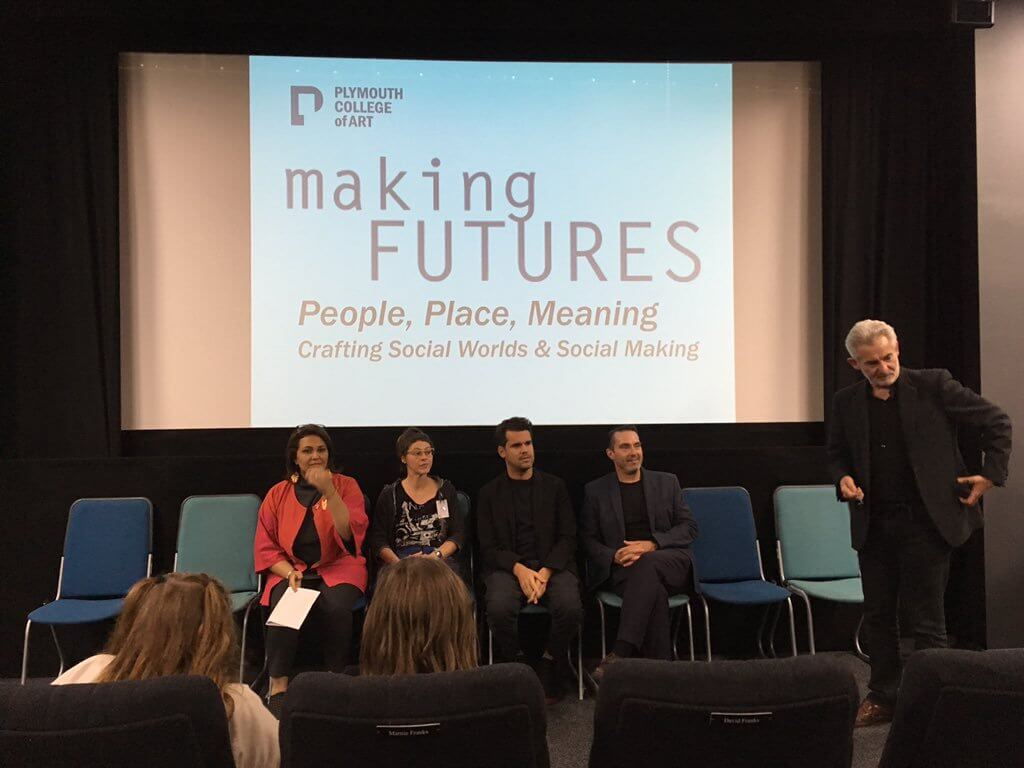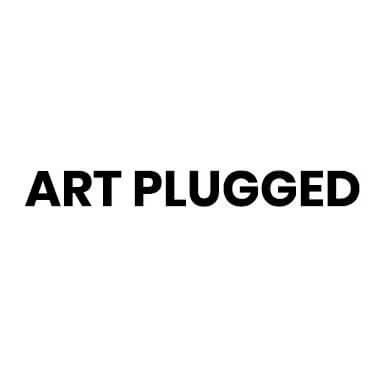Making Futures is Plymouth College of Art’s international research platform that explores how contemporary crafts are practised in relation to developing global, environmental and sustainability issues. In addition to staff and student research at Plymouth College of Art, Making Futures currently consists of an international biennial conference held in Plymouth and an online open-access journal. The journal is co-edited by Judith Noble, Head of Academic Research and Stephanie Owens, Head of School, Arts + Media and Convener of Plymouth College of Art’s Making Futures Research Group. The new edition, based on selected papers from the 2019 Making Futures Plymouth conference, is now available.
The 2019 Making Futures biennial conference, held in Plymouth, was the sixth held since the project’s inception in 2009, and was entitled: People, Place, Meaning: Crafting Social Worlds & Social Making. Curated by Malcolm Ferris, the conference explored Making Futures’ foundational themes of the transformative potential of small scale making and its capacity to contribute to new progressive futures. The event was attended by over 100 delegates from the UK, Europe, the Americas, Asia and Australasia, and included workshops and thematic sessions covering; Crafting Value, Social Making: A Way of Contributing to the World, Sourcing Craft Materials in the 21st Century; Making & Leading: Diverse Futures; (Re)making meaning – valorization in a wasteful world; Digital Platforms: Collaborative Distributed Design & Micro Manufacturing; Making Thinking – Crafting Education. Support from the British Council enabled delegates from South East Asia to attend.
Judith Noble and Stephanie Owens said in the journal introduction, “Community is at the heart of the Making Futures agenda, and 2019’s conference was no exception. As a collection of essays from makers, scholars, organisers and educators from across the globe, it appreciates the value of makers as singular creative agents producing material objects, as well as the social dimensions of these maker practices positively contributing to the construction and regeneration of communities.” “Of particular interest within this issue is how individual practices develop and promote socially and environmentally responsible making practices, but also how these singular enterprises can cluster into ‘place-based’ creative maker-ecologies capable of producing value through enhancement of community life in ways that encourage more progressive circuits of engagement, production and consumption.”
Making Futures Journal is a fully peer-reviewed, free, open-access journal and includes contributions from makers and practitioners as well as academics, presenting a wide and diverse range of views. It can be found online on the Making Futures website.
Highlights include a paper by recent Plymouth College of Art MA 3D Design Crafts 2019 alumna Laura Quinn, who won an Exhibition Support prize at this year’s Future Makers Awards. Laura writes about sustainability in glassmaking and combines digital technology with traditional glass making methods. She now works as the Glass Technical Tutor at the University for the Creative Arts where she can pursue her passion for education and continue to develop her glass practice.
The Journal also includes a paper by Kate Armstrong, Communications Manager for Fab Lab Barcelona, where she explores the role of distributed design through collaborative platforms, to develop a digital ecosystem of tools for better global collaboration. An Australian design and business management undergraduate, Kate has worked in both the public and private sector of the creative field in the Netherlands and Australia, on campaigns concerned with community engagement and audience development for social amelioration.
For the first time since its founding, the 2021 Making Futures biennial will be an entirely online symposium, but will still include the participation of its wide community of international practitioners in craft, design, education, and policy. The online event will be held on Thursday 16th September 2021 with further details available in Spring 2021.
©2021 Plymouth College of Art, Dom Moore,






